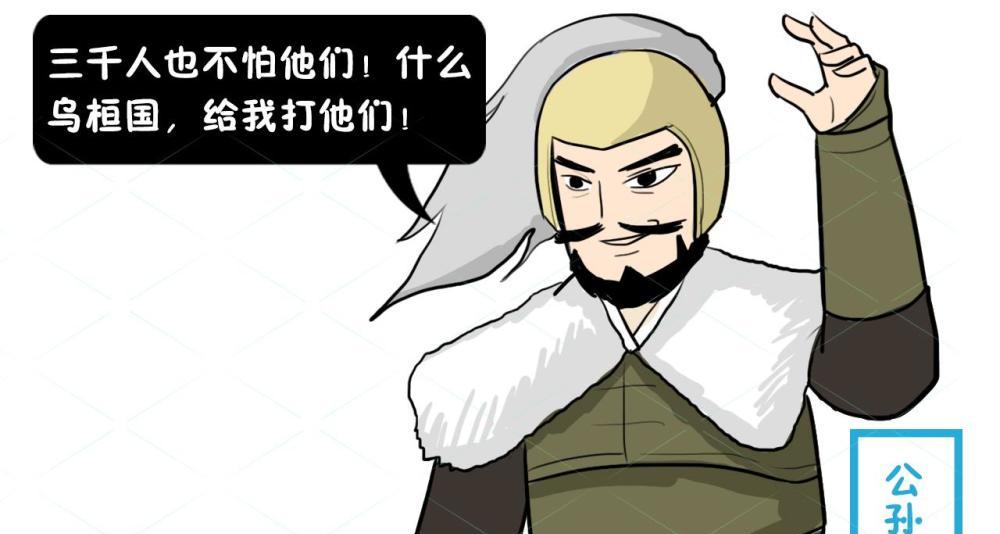In The history of China, foreign invasions have occurred from time to time. Even in times of peace, restless foreigners will loot. If encountering a dynasty with weaker national strength, the emperor would also find ways to appease these foreign leaders, and zhaojun was a famous example. If the foreign tribes choose to take advantage of the strife in the Central Plains, the consequences will be even more unimaginable, and the entry of the Wuhu Chaohua and the Qing soldiers into the customs is a bitter lesson.

At the end of the Eastern Han Dynasty, the Ten Constant Attendants rebelled against the power, and later the masses rose up, and there were many divided regimes, the situation in the Central Plains was turbulent, and the people were not happy. In such a chaotic era, why is it that there are few records of foreign invasions? In fact, it is not that these ethnic minorities do not understand the principle of "taking advantage of the fire and looting", but they have not yet stepped into the country's gates, and they have been killed and thrown away their armor.
In fact, although several rulers of the separatist forces fought with each other, they all took the same position in dealing with foreign invasions. Cao Cao resisted the Xiongnu in the north, Liu Beixi arrived in Qiang and Rong, and Sun Quan suppressed the states of the South China Sea, and no matter which nation dared to act rashly, it would be subject to a strong counterattack.
The Uhuan state, which is entrenched north of the border, does not believe in evil. During the Guanghe period, the imperial court sent Gongsun Zhan to lead an army to quell the rebellion of BianZhang and Han Sui. When Gongsun Zhan led his army to Jizhong, Zhang Chun, a Fisherman, lured Qiu Liju, the leader of Wuhuan in Western Liaoning, and others to rebel, and also captured Youbeiping Commandery. Gongsun Zhan only had three thousand cavalry with him at this time, but he was still not afraid, and he led these three thousand people to defeat the rebels, and he was promoted to an officer. At this time, the leader of the State of Wuhuan, Greedy King, led the people to surrender to Gongsun Zhan, and Gongsun Zhan was promoted to the rank of General of Zhonglang for this purpose.
After the Battle of Guandu, Yuan Shao's soldiers were defeated and died, and his son Yuan Shang and others fled to Western Liaoning and defected to Gandun. In the twelfth year of Jian'an (207 AD), after Cao Cao learned of this, he personally conquered Wuhuan, and the two armies fought at Liucheng, and Wuhuan was defeated. Twenty-three years after Jian'an, the resentful Wuhuan united the Xianbei rebellion, this time, Cao Cao sent two generals, Cao Zhang, Tian Yu, and Wuhuan was once again defeated, and his strength was seriously weakened, and from then on, until the Western Jin Dynasty, Wuhuan's activities were never seen in the annals of history.
The merits of guarding the border of the town are, of course, indispensable to the Xiliang Ma family. The Xiliang Ma family was famous at that time, and the famous Ma Teng and Ma Chao were all born here. Most of the small countries that occupy the border are nomadic people, known for their cavalry. However, when they encountered the Ma family army, which was also known for its cavalry, they had no chance of winning. At that time, the defensive line of several thousand kilometers from the northwest to the northeast was extremely well defended by the majiajun town. In such a situation, coupled with the precedent of the Wuhuan State, who would dare to take advantage of the fire and loot?
Bibliography: Book of the Later Han Dynasty